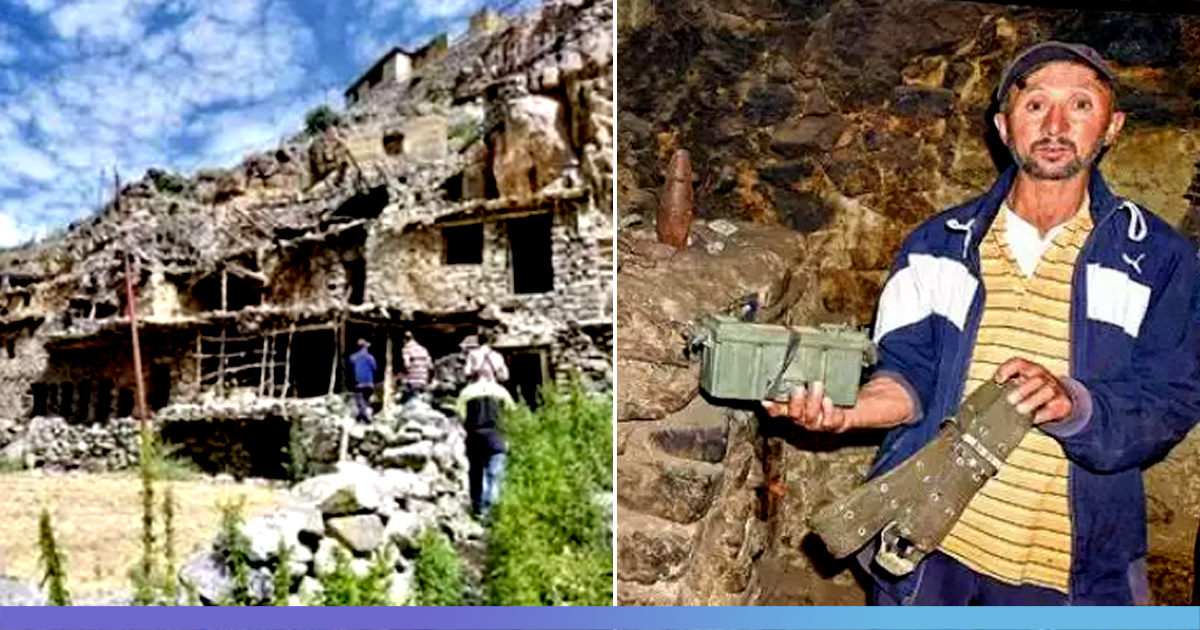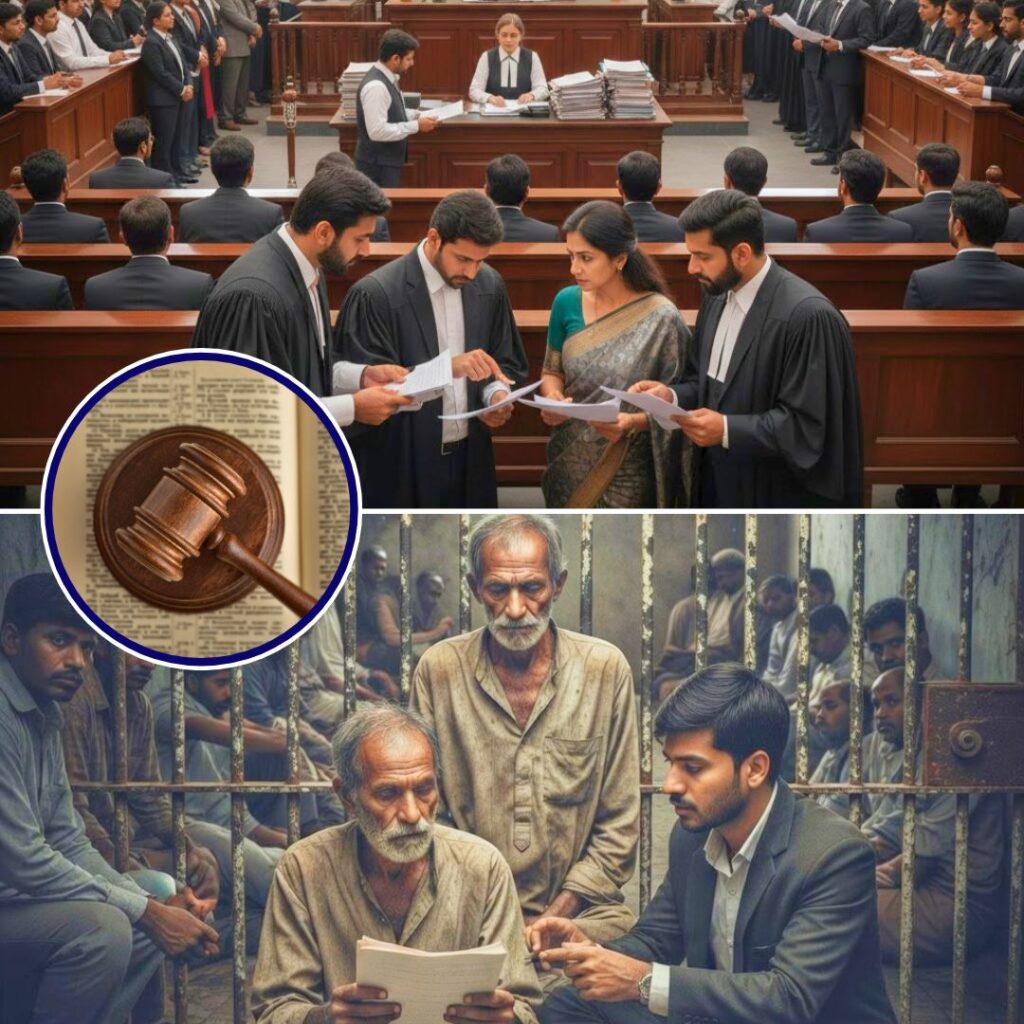Hundarman, a small village on the LoC in Kargil, in the crossfire between two hostile nations, has set up a museum on its war-torn history. Despite being ravaged by the Kargil War and the 1971 Indo-Pak War, the village has preserved two major episodes of the Indian Military History and the conflicts that were fearlessly fought at the border.
Hundarman, with a tiny population of 250 people, a village earlier occupied by Pakistan, has preserved the pieces of mortar shells and belongings of Pakistani troops in a museum that they have dedicated to all the wars that occurred at the border.
With the help of a travel company and an NGO working for cultural preservation, locals converted the houses in Hunderman into a museum, that documents the lives of border families and all the bloodshed involved in the war.
First-aid boxes used by Pakistan army during the 1971 war, their military equipment, boxes of Pakistan army’s dry ration are still preserved in the museum. All the mortar shells and bullets continue to remind the villagers of how they were forced to relocate to other places.
The villagers fled the village after the war began, to a place 500 meters above the present location.
Twenty years after the Kargil War, the village and the surrounding areas still resemble a battleground with notice boards all around, warning visitors about landmines laid by the Indian Army.
The abandoned village was transformed into a museum with all belongings in 2015. 15-20 people visit the museum every month, the caretaker of the museum told The Times Of India.
“We were struck by both the 1971 and Kargil wars. The 1971 war separated us from Pakistan, and the Kargil War forced us to leave the present location to void further devastation in case of any future war,” Mohammad Baqir, a resident of Hundarman who also works as an Army porter told The Times Of India.
The villagers witnessed some development only after the village was provided connectivity to Kargil through a motorable road and also supplied electricity in 2006.
Also, Read Kargil Vijay Diwas: Remembering ‘Operation Vijay’ & Those Who Won The War For Us













